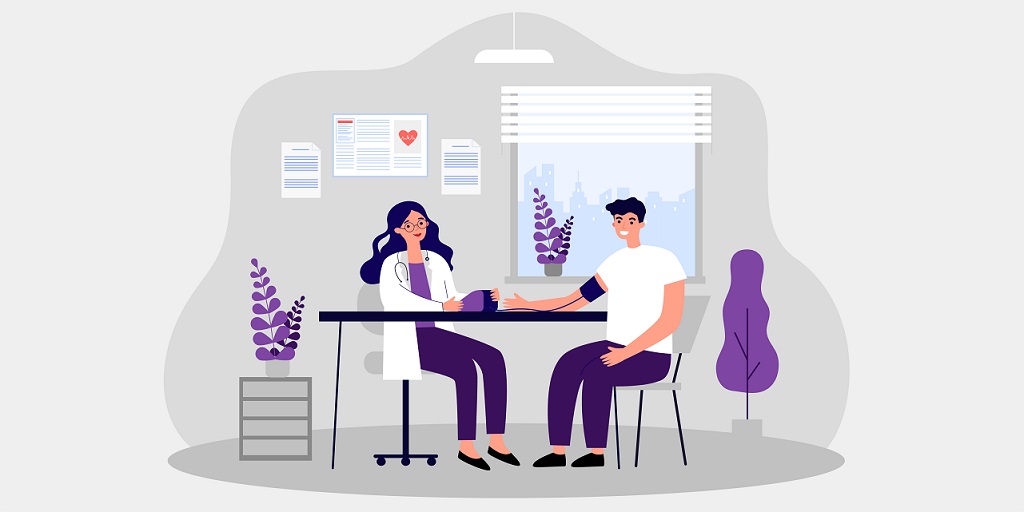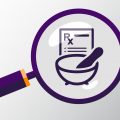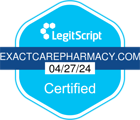
High Blood Pressure And Your Health
High blood pressure is a serious condition that can cause a number of health issues and affect your quality of life. Many people don’t know they have high blood pressure because often there are no noticeable symptoms. That’s why it’s important to have your doctor check your blood pressure. They can help you take the steps needed to keep it under control.
Nearly half the population of American adults over the age of 20 have high blood pressure1
What is high blood pressure and why is it dangerous?
High blood pressure, also called hypertension, occurs when blood moves more forcefully through your artery walls. This causes there to be increased pressure within the blood vessels. Overtime, the walls become damaged when the pressure is too high for an extended period of time.
There are two types of hypertension.
- Primary hypertension is when your blood pressure rises slowly over time due to lifestyle habits and aging. This the type most people have.
- Secondary hypertension is when high blood pressure is caused by a health condition or medication. For example, people who have sleep apnea, diabetes or chronic kidney disease are more at risk to develop secondary hypertension.
If high blood pressure is left untreated, it can have a negative impact on your health. It can cause arteries to harden and block blood flow to your heart. This puts you at a greater risk for the following:
- Heart attack
- Stroke
- Heart failure
- Kidney disease
- Vision damage
How is high blood pressure treated?
Some people can lower their blood pressure and keep it at a normal level by making changes to their lifestyle. This includes eating foods low in salt and fat, getting more exercise, limiting alcohol, giving up smoking and managing stress.
Other people need medicine to help them lower their blood pressure. Your doctor will advise you on what course of action you should take.
Medication for high blood pressure
There are different medications for treating high blood pressure, and they work in different ways. Given your condition, your doctor may prescribe you more than one of these medications. Some treatment options include, but aren’t limited to:
- Diuretics. These remove excess salt and water from your body to reduce amount of fluid in your blood. This reduces the pressure in your arteries and makes it easier for your heart to pump blood.
- ACE inhibitors or Angiotensin 2 receptor blockers (ARBs). These are similar, but work differently to relax blood vessel walls.
- Calcium channel blockers. These reduce the flow of calcium entering your heart and arteries.
- Beta blockers. These block the effects of adrenaline so your heart can beat with less force.
Taking your medications as prescribed
The success of your treatment plan will depend on you following the directions of your doctor. They should alert you to any food, supplements or over-the-counter medications that may cause interactions or raise your blood pressure. Your pharmacist can tell you that information as well.
You may be told to avoid:
- Pain medications like naproxen and ibuprofen. This includes Motrin, Advil and Aleve, both OTC and prescription strength.
- Decongestants that have pseudoephedrine
- Herbal supplements like ginseng and St. John’s wort
The above is not a complete list. Be sure and talk to your doctor or pharmacist about possible drug interactions.
Like with any medication you take, you may experience side effects while taking drugs to treat high blood pressure. If this happens, do not stop taking your medication. Instead, talk to your doctor or pharmacist right away. They can work with you to find a solution.
Help for staying on track with your medications
If you take multiple medications every day – for blood pressure or other health conditions – it can be hard to keep everything straight.
ExactCare specializes in making it easier to take these medications as prescribed. We sort and package your pills into daily packets, deliver your medications monthly and help with your refills. We also review your medications proactively to check for interactions.
Want to learn more? Call 1-844-287-1609







